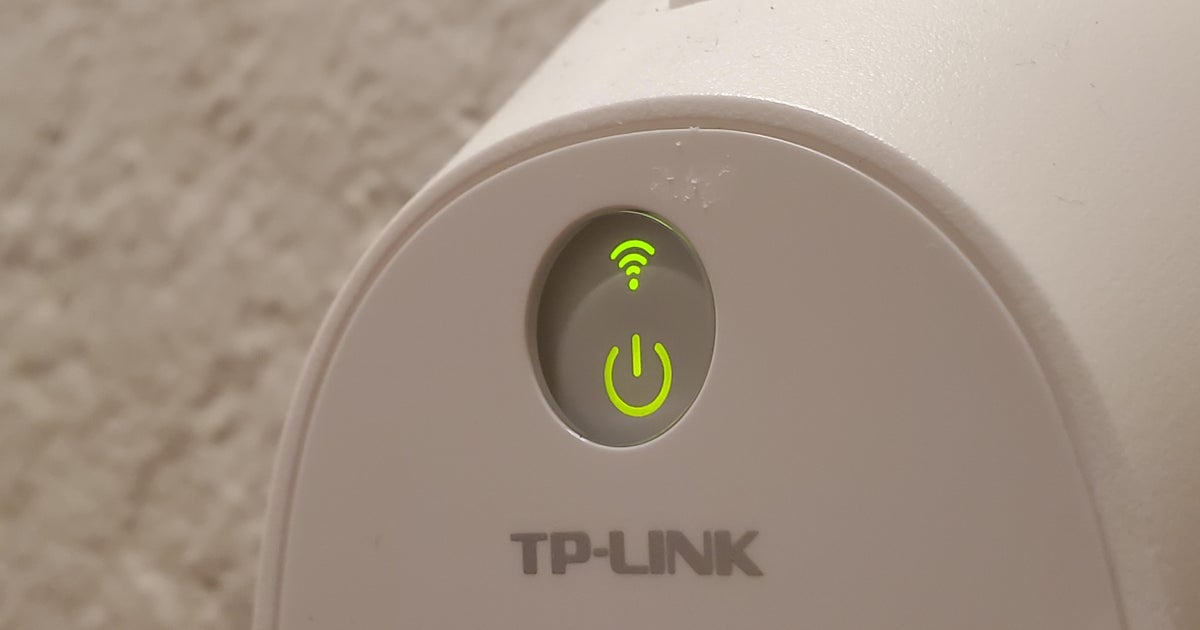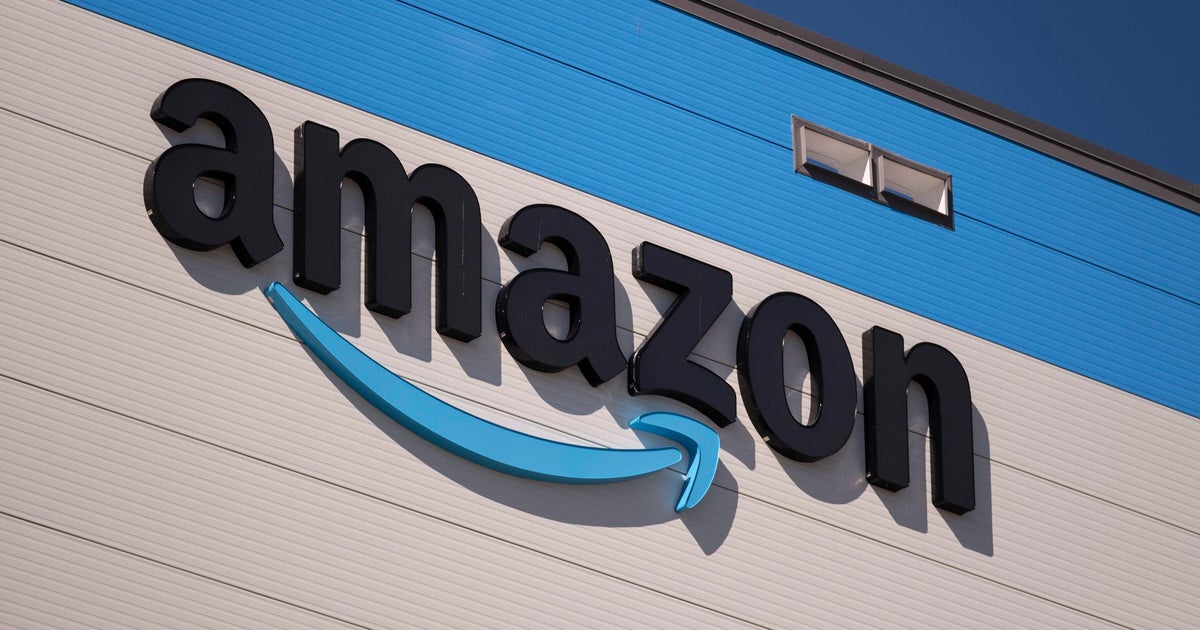TikTok CEO Mayer resigns amid U.S. pressure to sell video-sharing app
TikTok CEO Kevin Mayer resigned Thursday amid U.S. pressure on its Beijing-based parent company to sell the mega-popular video app, which the White House says is a national-security risk.
In a letter to employees, Mayer said his decision to leave comes after the "political environment has sharply changed."
His resignation follows President Donald Trump's executive order to ban TikTok unless parent company ByteDance sells its U.S. operations of the app to an American company within 90 days. ByteDance is in talks with Microsoft about a possible acquisition.
Walmart said Thursday it may join Microsoft in the TikTok bid. Microsoft and TikTok declined to comment on the development.
The sale situation has been unusual, with Trump demanding payment for the U.S. government for its part in orchestrating a deal, a step that experts say is unprecedented.
"I have done significant reflection on what the corporate structural changes will require, and what it means for the global role I signed up for," Mayer said in the letter. "Against this backdrop, and as we expect to reach a resolution very soon, it is with a heavy heart that I wanted to let you all know that I have decided to leave the company."
TikTok thanked Mayer for his tenure. He joined the company in May and was previously a Walt Disney executive.
"We appreciate that the political dynamics of the last few months have significantly changed what the scope of Kevin's role would be going forward, and fully respect his decision," the company said in a statement.
ByteDance launched TikTok in 2017, then bought Musical.ly, a video service popular with teens, and combined the two. A twin service, Douyin, is available for Chinese users. TikTok gained immense popularity via its fun, goofy videos and ease of use, and has hundreds of millions of users globally.
TikTok's Chinese ownership has raised concerns about potential censorship of videos, including those critical of the Chinese government, and the risk that Beijing may access user data.
Earlier this month, President Trump ordered a sweeping but unspecified ban on dealings with the Chinese owners of consumer apps TikTok and WeChat as the U.S. heightens scrutiny of Chinese technology companies, citing concerns that they pose a threat to national security. Since then, TikTok has launched a website to refute claims from the Trump administration.
TikTok also filed a lawsuit Monday against the U.S. Commerce Department, President Trump and Commerce Secretary Wilbur Ross, saying that it sought to prevent the government from "impermissibly banning" TikTok by overturning Mr. Trump's executive order.
TikTok expressed shock the order, claiming it was "issued without any due process."



